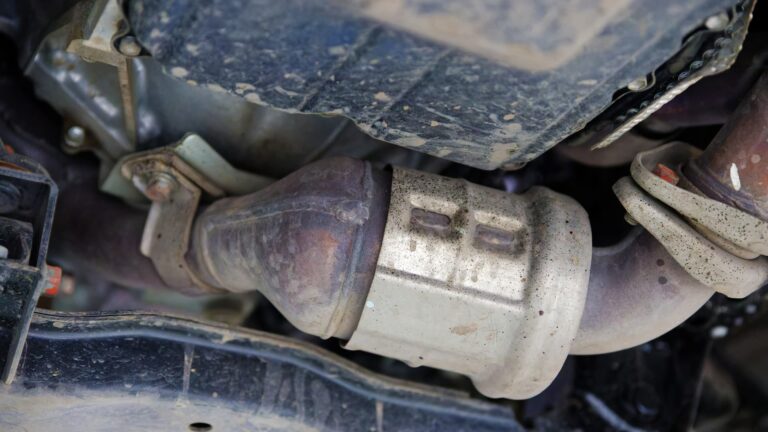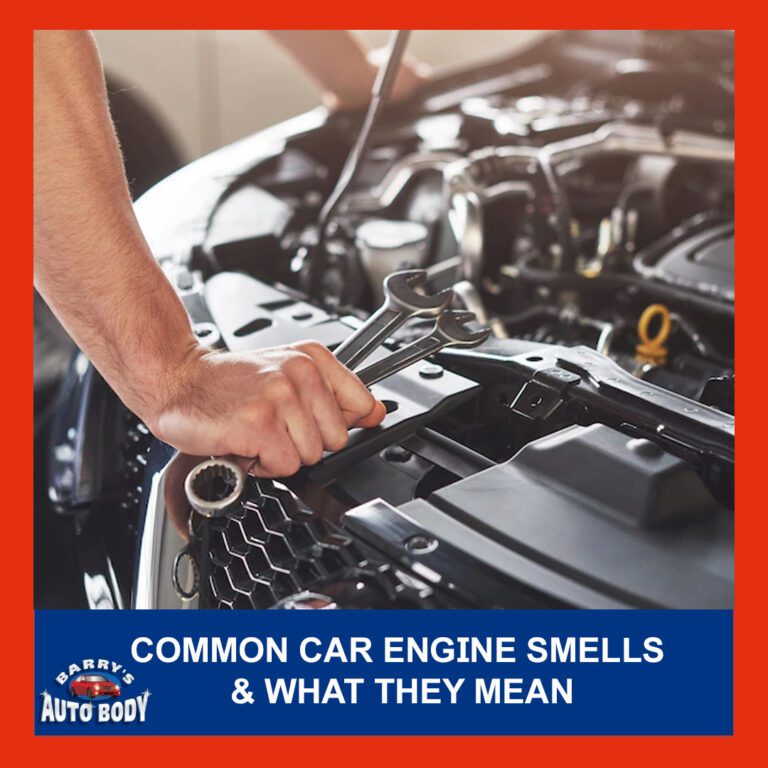Types of Muffler: Uncover the Top Performance Enhancers
Types of mufflers include chambered mufflers, straight-through mufflers, and reverse flow mufflers. These different types vary in design and offer varying levels of noise reduction and performance enhancement.
A muffler is an essential component in the exhaust system of a vehicle, as it helps reduce noise produced by the engine and tailpipe. It is important to choose the right type of muffler based on your preferences and needs, whether you prioritize a quieter ride or improved performance.
Understanding the different types of mufflers available can help you make an informed decision. We will explore the characteristics and benefits of each type of muffler to help you choose the most suitable option for your vehicle.
1. Chambered Mufflers
Types of Muffler
| Chambered Mufflers |
| Introduction to chambered mufflers: Chambered mufflers are a type of exhaust system component that is designed to reduce noise and enhance engine performance. They are constructed with chambers and baffles that help to alter the flow of exhaust gases. |
| How chambered mufflers work: As exhaust gases pass through the chambers and baffles, sound waves are disrupted and canceled out, resulting in a quieter exhaust note. The chambers also help to create backpressure, which can contribute to improved low-end torque. |
| Benefits of using chambered mufflers: Chambered mufflers not only reduce noise levels but also add a unique sound character to the vehicle. The backpressure they create can enhance low-end power and torque, particularly in high-performance applications. |
| Examples of popular chambered mufflers: Some well-known chambered muffler brands include Flowmaster, Magnaflow, and Dynomax. Each brand offers a variety of chambered muffler options to suit different vehicle types and performance preferences. |
2. Straight-through Mufflers
Straight-through mufflers are a popular choice among car enthusiasts looking for improved performance and a more aggressive sound. These mufflers have a simple design that allows exhaust gases to flow through without significant restriction.
These mufflers work by utilizing a perforated tube surrounded by sound-absorbing materials. As exhaust gases pass through the perforated tube, they expand into the sound-absorbing material, reducing noise levels. The straight-through design minimizes turbulence and back pressure, resulting in better airflow and improved engine performance.
There are several benefits to using straight-through mufflers, such as increased horsepower and torque, improved fuel efficiency, and enhanced exhaust note. These mufflers are also relatively lightweight and easy to install.
Popular examples of straight-through mufflers include brands such as Magnaflow, Flowmaster, and Borla. These manufacturers offer a wide range of options to suit different vehicle types and preferences.
3. Turbo Mufflers
Introduction to Turbo Mufflers
Turbo mufflers are a type of muffler commonly used in high-performance vehicles. They are designed to improve exhaust flow and reduce backpressure, resulting in increased horsepower and improved overall engine performance. Turbo mufflers work by utilizing a series of internal chambers and baffles to redirect and control the flow of exhaust gases.
How Turbo Mufflers Work
Inside a turbo muffler, the exhaust gases pass through a series of chambers and strategically placed baffles. These components create turbulence and help break up the sound waves, resulting in reduced noise levels. The gases then flow out through specially designed outlets, further minimizing any noise produced.
Benefits of Using Turbo Mufflers
- Increased horsepower and engine performance
- Improved exhaust flow and reduced backpressure
- Reduced noise levels
- Enhanced vehicle sound and aesthetics
- Easier compliance with sound emission regulations
Examples of Popular Turbo Mufflers
| Muffler Brand | Features |
|---|---|
| Borla | – High-quality stainless steel construction – Aggressive sound – Increased horsepower |
| Magnaflow | – Straight-through design for improved performance – Deep, smooth tone – Durable, welded stainless steel construction |
| Flowmaster | – Patented Delta Flow technology – Reduced interior resonance – Mild to aggressive sound options |

Credit: www.corsaperformance.com
Frequently Asked Questions For Types Of Muffler
What Are The Three Types Of Mufflers?
There are three types of mufflers: performance mufflers, chambered mufflers, and turbo mufflers.
How Many Different Types Of Mufflers Are There?
There are several types of mufflers, including chambered mufflers, glasspack mufflers, and straight-through mufflers. These different designs offer varying levels of sound reduction and performance benefits for different vehicles and preferences.
What Type Of Muffler Gives The Deepest Sound?
A performance muffler, such as a glasspack or straight-through design, typically produces the deepest sound for your vehicle. These mufflers allow for a more unrestricted exhaust flow, resulting in a deeper tone. However, it is important to consider local noise regulations and your vehicle’s specific needs when choosing a muffler.
What Are The Different Types Of Engine Mufflers?
There are three main types of engine mufflers: chambered, turbo, and straight-through. Chambered mufflers use a series of chambers to reduce noise. Turbo mufflers use sound-absorbing materials to reduce noise and increase performance. Straight-through mufflers allow for maximum exhaust flow and minimal noise reduction.
Conclusion
To sum up, understanding the different types of mufflers is crucial for any vehicle owner. From chambered mufflers for a deep, aggressive sound to turbo mufflers for increased performance, each type offers unique benefits. Whether you prioritize noise reduction or enhancing your vehicle’s power, selecting the right muffler can greatly affect your driving experience.
So, take the time to research and consult with experts to make an informed decision for your vehicle’s needs.





